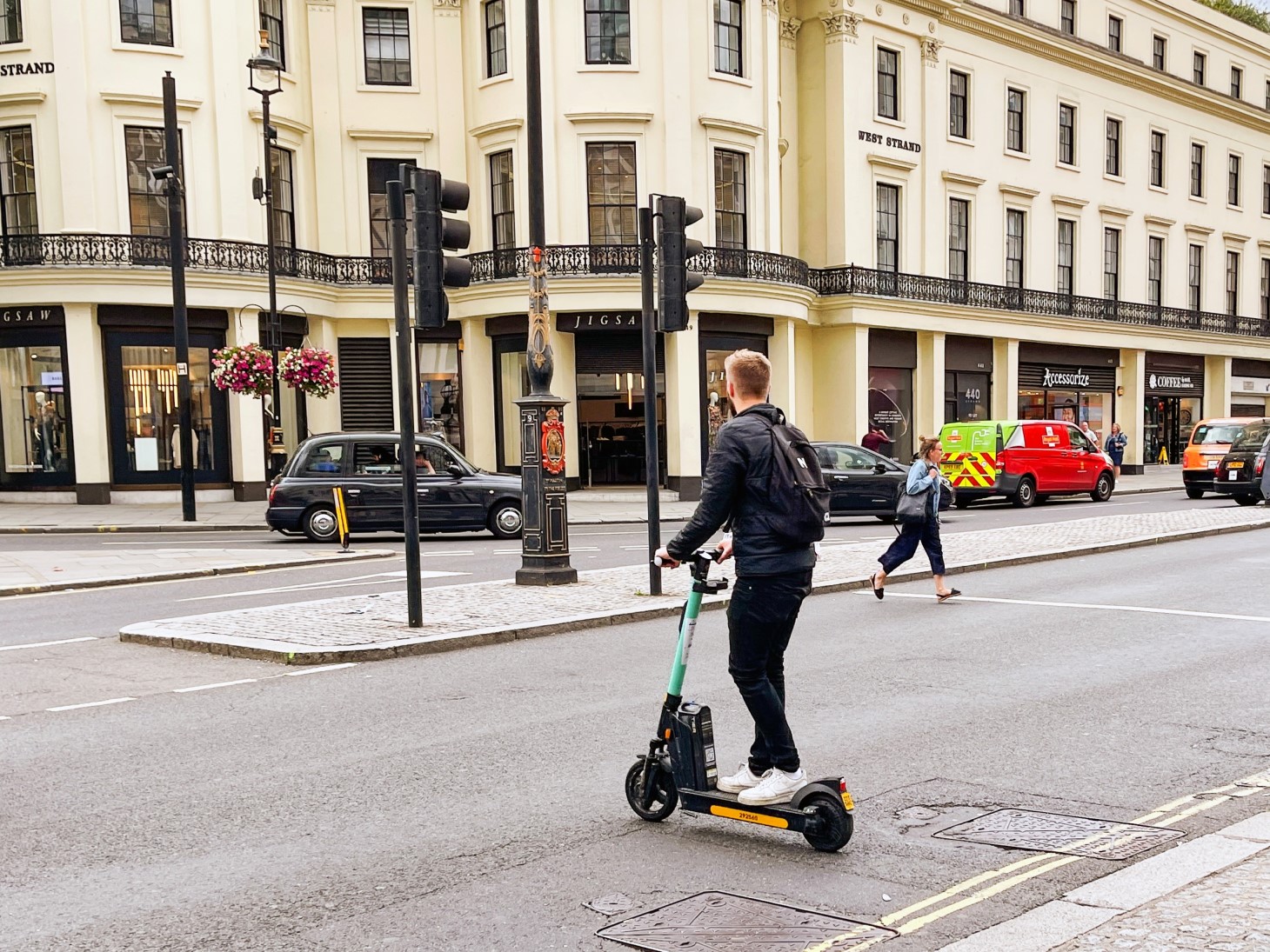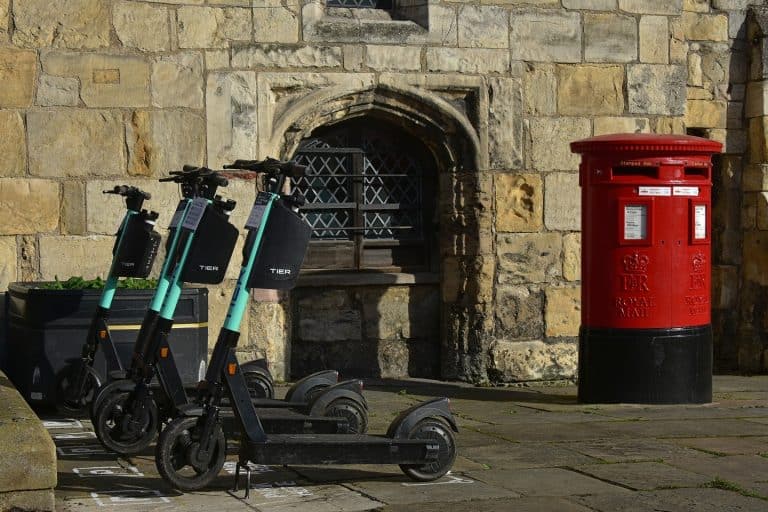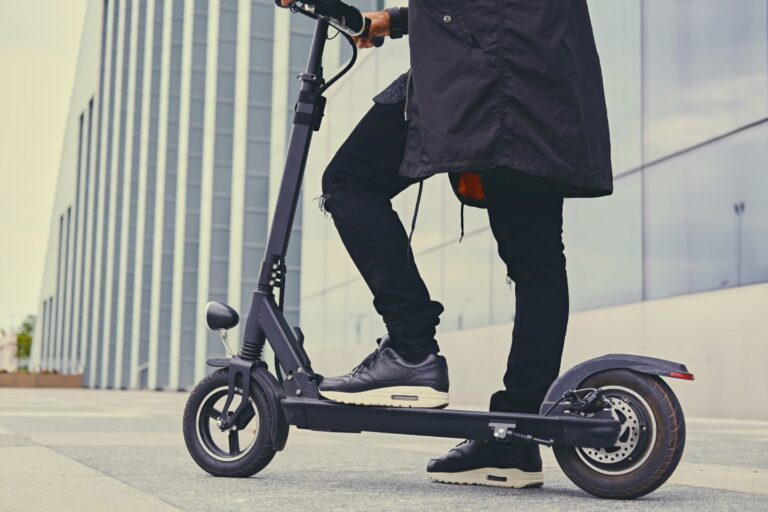
Still no roadmap: the Government’s rental E-Scooter trials extended again
The government has once again extended the trial period for rental e-scooters – this time until May 2028, marking the fifth such extension since trials first began in 2020. Alongside this, new trial areas were approved in July 2025, further widening the landscape of lawful rental e-scooter use.
For those of us advising seriously injured clients and working closely with insurers, barristers, local authorities, and police forces, this repeated delay in legislating presents a troubling and confusing picture.
While rental e-scooters proliferate and whizz down our high streets under government-sanctioned schemes, the law continues to treat privately owned e-scooters as illegal on public roads. As dealt with in earlier posts, these e-scooters as distinct from the rentals, are classed as “motor vehicles” under the Road Traffic Act 1988, requiring insurance, helmets, and type approval that they cannot feasibly achieve.
This legal grey area is confusing for the public and untenable in the long term. The distinction is not obvious to the average person on the street and yet it carries serious criminal and civil consequences, especially in the event of a collision or serious injury. The failure to legislate, even after five years of trial operation and interim reports, leaves riders, pedestrians, and road users exposed.
A growing evidence gap
According to the Department for Transport, the rationale for the latest extension is to “help fill evidence gaps and gather new learning around e-scooter safety, the impact of local area characteristics, and how e-scooters contribute to meeting new government missions.” The stated aim is to build the “best possible evidence base to inform how to legislate.”
Whilst the explanation is a legitimate one, many of us in the injury sector find this justification increasingly difficult to accept. The first government evaluation report was published in December 2022. It offered useful insights into usage and public perceptions but gave little hard data on safety outcomes or injury risk. We are still waiting for the second evaluation, which was due to provide a much clearer picture of collisions, injury mechanisms, hospitalisation rates, and operational safety across trial areas.
In the meantime, stakeholders—including the Parliamentary Advisory Council for Transport Safety (PACTS) for whom BBK are proud members, remain central to efforts to remedy the problem. Without action, operators, local authorities, and injured individuals are left in limbo, unable to assess the true safety profile of these vehicles or how to mitigate their risks.
The private E-Scooter blind spot
Perhaps the most glaring issue, however, is that rental trials have little to no impact on the far larger, currently unregulated market of private e-scooters. Trials have succeeded in shaping best practices around geofencing, speed limits and user education but these controls do not apply to the thousands of privately owned scooters used daily across the UK.
We are seeing this clearly in our injury work. Many collisions involve private users, some of them children, uninsured, and riding unroadworthy devices. In conversations with local authority officials, police officers, and emergency care providers, there is a growing concern: e-scooters continue to be sold freely, including to minors, despite it being illegal to ride them on public roads.
What is also clear is that police forces do not have the resources to adequately enforce current restrictions. It is unsatisfactory for government to simply defer to police to do more because without increased resources, powers, or tools to enforce illegal use, the status quo will remain. Enforcement undoubtedly plays a part, but it cannot succeed alone. Proper regulation must play a part.
Impact on legal claims and liability
For serious injury lawyers and insurers, this legal limbo creates uncertainty. If a person is injured by a rental e-scooter, there is likely a traceable operator with insurance coverage. However, when a private e-scooter user is involved in a collision – whether injured themselves or injuring someone else – legal recourse is murkier.
- If they are uninsured and the vehicle is classed as a “motor vehicle”, the Motor Insurers’ Bureau (MIB) may be liable – something that the MIB have emphasised is not sustainable in the long term because it places a new burden on the fund into which e-scooters users don’t pay via insurance premiums.
- Victims face confusion over who can be sued, whether there is any coverage, and how to even identify the rider.
This is not just a legal issue, it’s a question of public trust. People see e-scooters on our roads daily and might assume they are all legal. The ongoing mismatch between what is visible and what is lawful risks undermining public understanding and behaviours.
A call for evidence-based legislation
Few now deny that e-scooters have a long-term place in the UK’s future mobility. Nonetheless, the UK is lagging behind our European neighbours in legislating despite five years of data collection.
It is time for the government to introduce clear legislation that integrates learnings from trials into rules for private use, including manufacture, age limits, speed, insurance requirements, and retailer obligations.
Until this happens, stakeholders will continue to deal with the consequences of a fragmented and unclear system.









